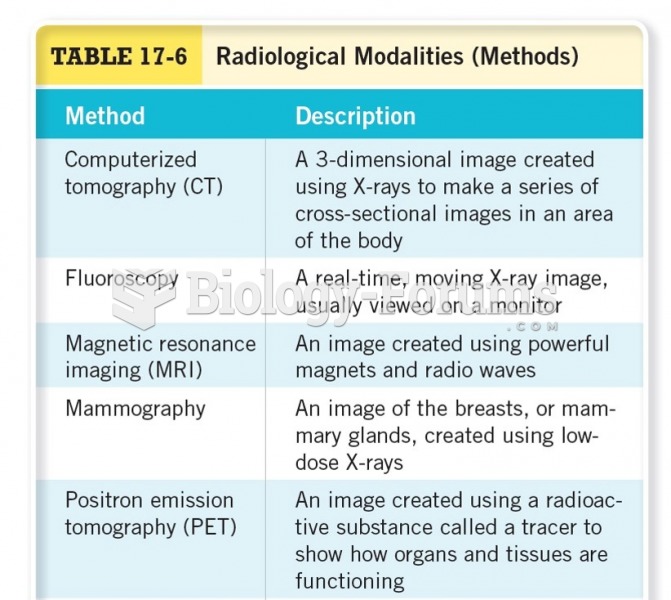Answer to Question 1
An ideal response would be:
Judges and attorneys tend to like merit selection plans better than they do elections or appointments. Merit plans may actually reward merita study of judges in nine states found that judges chosen by merit selection plans showed a lower rate of state judicial conduct commission disciplinary actions than judges chosen through elections. Judicial elections also have their supporters. A Harris Poll conducted in 2008 showed that a majority of individual voters supported choosing state judges through the electoral process. Judicial elections are, however, low stimulus in nature with significant roll-off in those voting (reduction from those voting in races at the top of the ballot from those at the bottom). Nonpartisan judicial elections tend to show even higher levels of roll-off than do partisan elections since partisan elections provide the party cue to voters who are looking for a short-hand way of evaluating judicial candidates. Last, gubernatorial appointment also has its supporters. Supporters of this method cite two differences between appointed and elected judges. First, awards against out-of-state businesses tend to be higher in states with elected judges than in states with appointed judges. And second, tort reformparticularly limiting the financial awards in liability cases seems to be somewhat easier to accomplish in states with appointed judges than with elected judges.
Answer to Question 2
An ideal response would be:
The state courts are categorized as (1) minor courts of limited jurisdiction, (2) trial courts of general jurisdiction, and (3) appellate courts.
In most states, minor courts handle misdemeanorsrelativ ely minor violations of state and local lawsas well as traffic cases and civil suits involving small amounts of money. In some places, they also hold preliminary hearings and set bail for more serious charges.
Major trial courts of original jurisdiction, where cases first appear, are called county courts, circuit courts, superior courts, district courts, and common pleas courts. They administer common, criminal, equity, and statutory law. In most states, felonies are tried in these major trial courts; felonies are serious crimes, and the penalty can range from imprisonment in a penitentiary for more than a year to death. Some states maintain separate courts for criminal and civil matters.
In a few states with relatively smaller caseloads, trial court decisions are appealed directly to the state supreme court. Most states, however, have intermediate appeals courts that fit into the system in much the same way that the U.S. Courts of Appeals fit into the federal structure.







